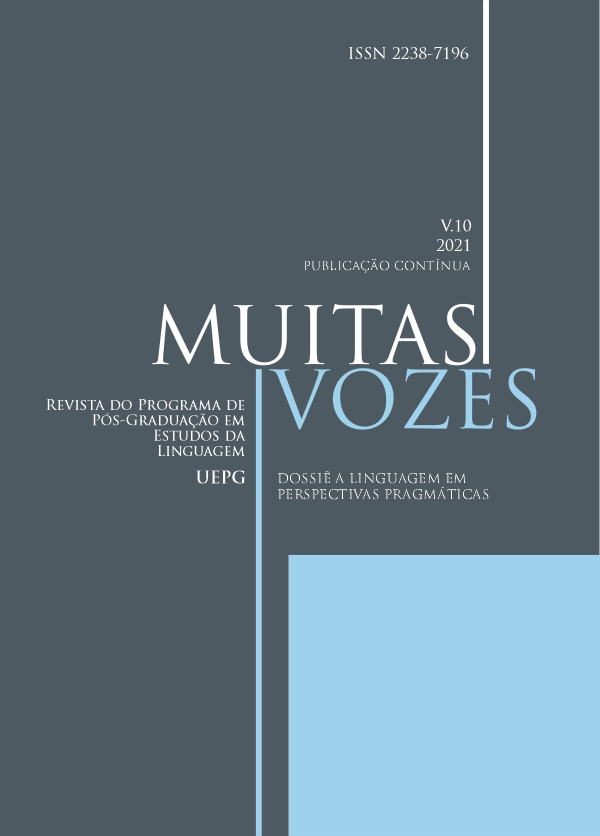ERICO VERISSIMO E PEPETELA: DIFERENTES TRAJETÓRIAS LITERÁRIAS QUE SE CONVERGEM
ERICO VERISSIMO AND PEPETELA: DIFFERENT LITERARY TRAJECTORIES THAT CONVERGE
Résumé
Os projetos literários dos romancistas Erico Verissimo e Artur Carlos Maurício Pestana dos Santos, conhecido como Pepetela, se filiam à tradição da literatura de intervenção social, nos moldes como foi configurada no século XX, pois comportam um projeto ético fiel às suas visões de mundo e aos seus compromissos social e humano, que é intensificado pelo projeto estético que o acompanha. Nesse sentido, há afinidades ideológicas e estéticas entre os dois romancistas com a confluência, no plano ideológico, da ideologia humanista e do compromisso social e humano que ambos apresentam em seus projetos literários, e no plano estético, da semelhança existente entre as estruturas narrativas de seus romances de fundação (a trilogia O tempo e o vento, de Erico Verissimo, e Yaka e Lueji, de Pepetela), pelo fato dos dois escritores se utilizarem de temáticas e estratégias narrativas comuns, tais como a saga familiar, a metaficção, a técnica narrativa do contraponto e a polifonia. Assim acreditamos que a afinidade ideológica existente entre Pepetela e Erico Verissimo levou o escritor angolano a incorporar ao seu projeto literário alguns elementos temáticos e formais utilizados pelo brasileiro, segundo o conceito de intertextualidade de Julia Kristeva (1974), que concebe a escrita de um texto literário como a leitura do corpus anterior. No entanto, a relação entre eles não se alimenta apenas na semelhança nos pontos em comum, mas também nas diferenças que há entre suas obras e entre seus projetos literários.
Téléchargements
Téléchargements
Publié-e
Comment citer
Numéro
Rubrique
Licence

Este obra está licenciado com uma Licença Creative Commons Atribuição 4.0 Internacional.
Transferência de direitos autorais: Caso o artigo submetido seja aprovado para publicação, JÁ FICA ACORDADO QUE o autor AUTORIZA a UEPG a reproduzi-lo e publicá-lo na REVISTA MUITAS VOZES, entendendo-se os termos "reprodução" e "publicação" conforme definição respectivamente dos incisos VI e I do artigo 5° da Lei 9610/98. O ARTIGO poderá ser acessado tanto pela rede mundial de computadores (WWW - Internet), como pela versão impressa, sendo permitidas, A TÍTULO GRATUITO, a consulta e a reprodução de exemplar do ARTIGO para uso próprio de quem a consulta. ESSA autorização de publicação não tem limitação de tempo, FICANDO A UEPG responsável pela manutenção da identificação DO AUTOR do ARTIGO.



